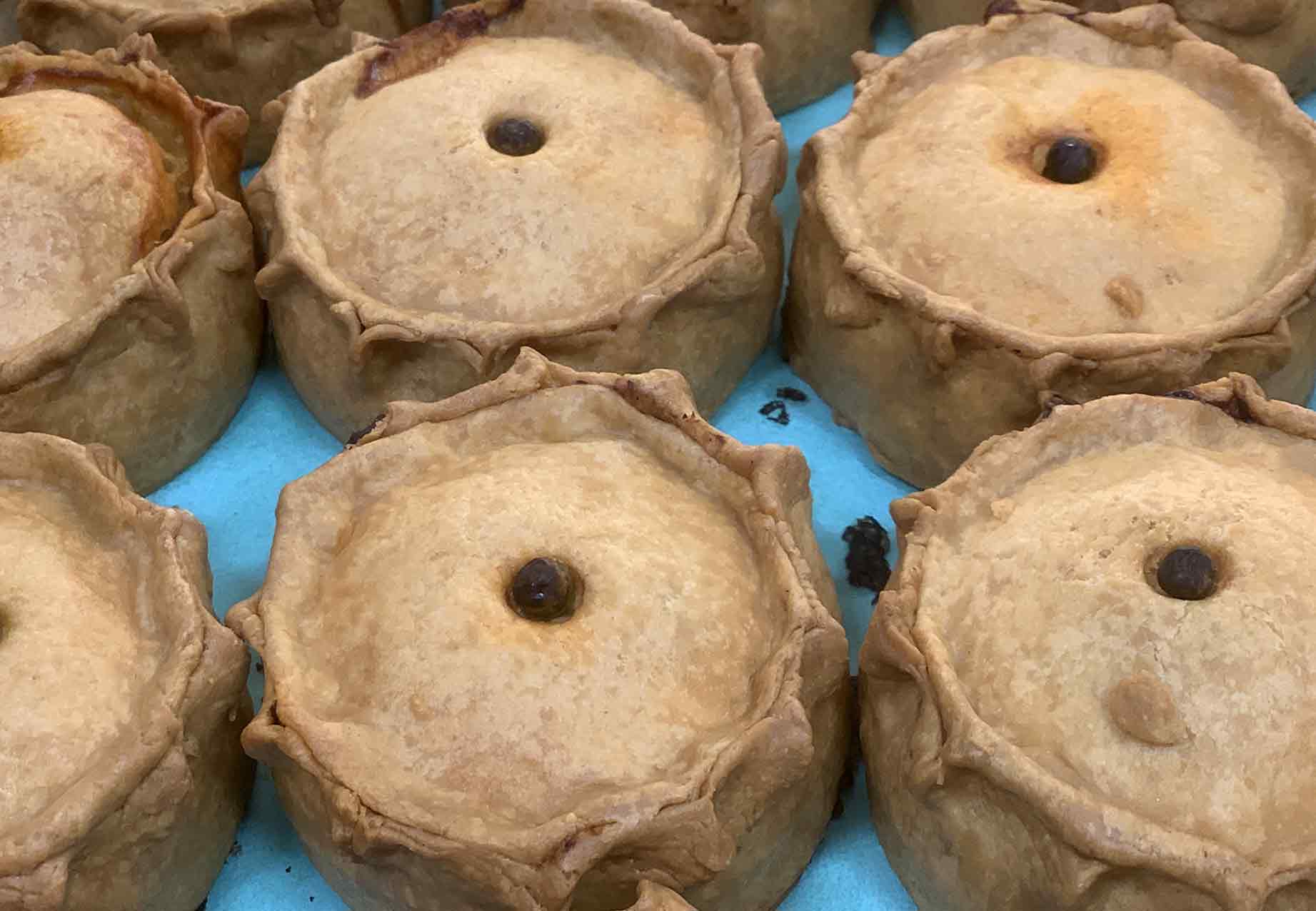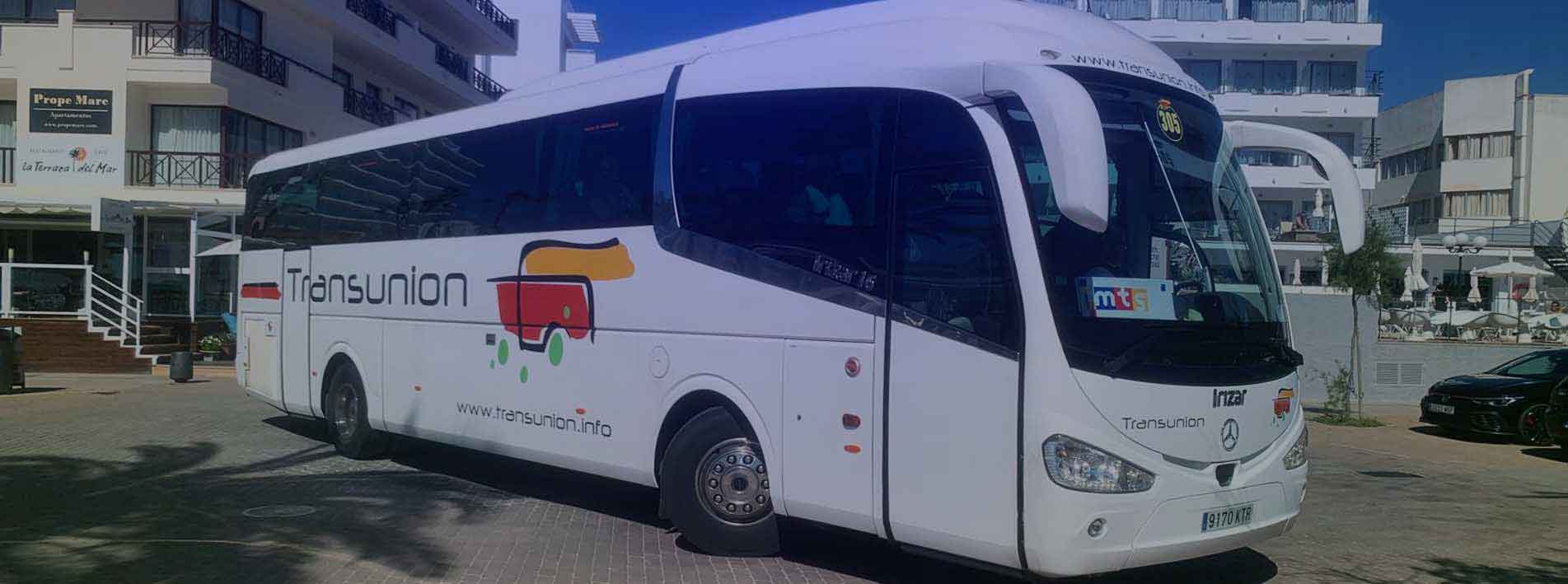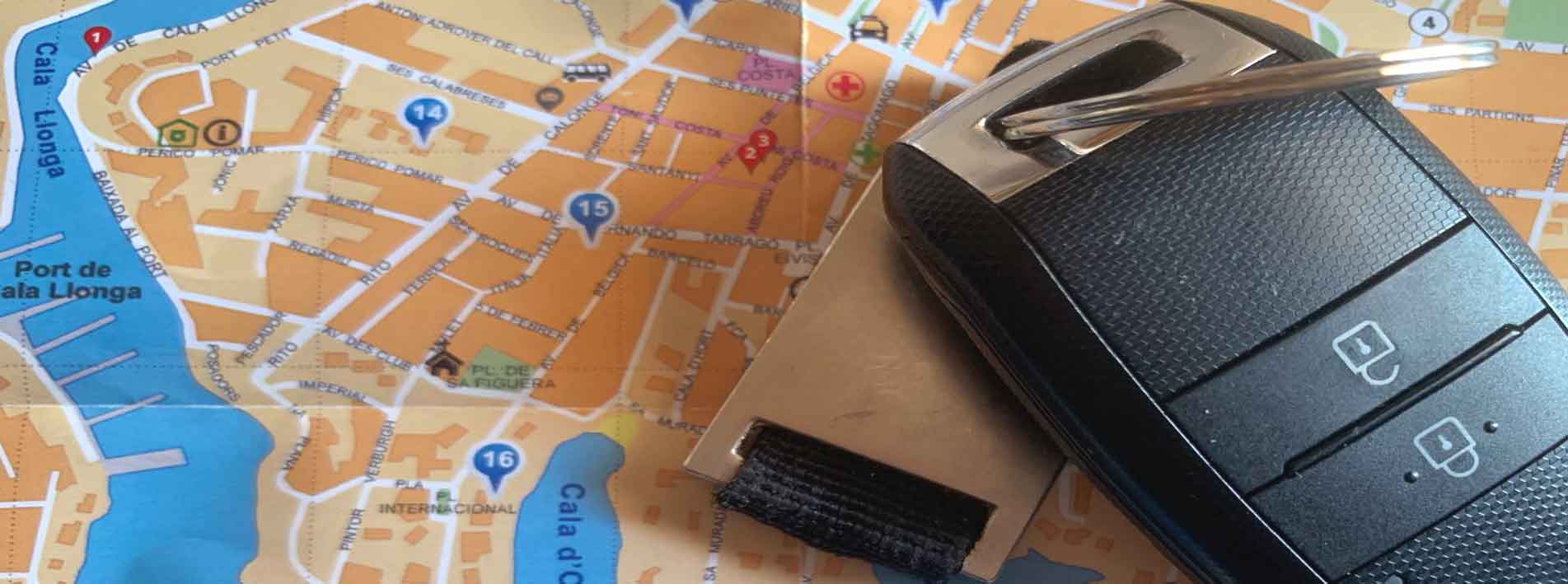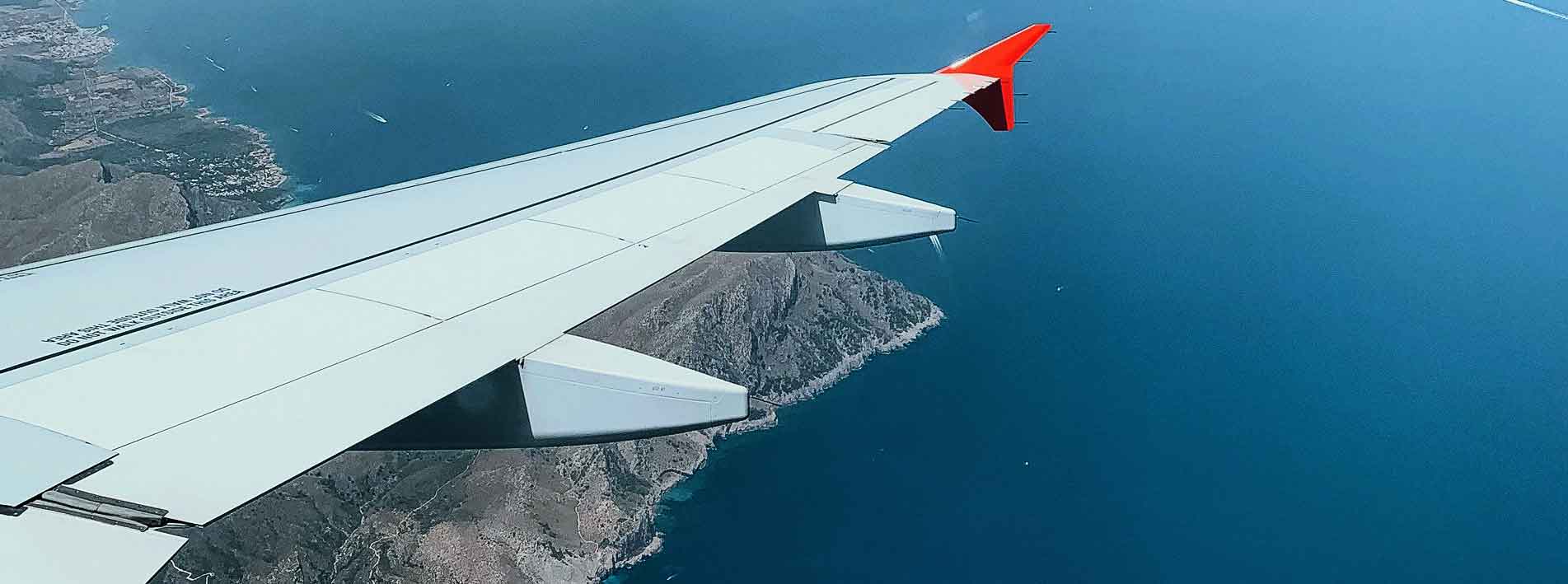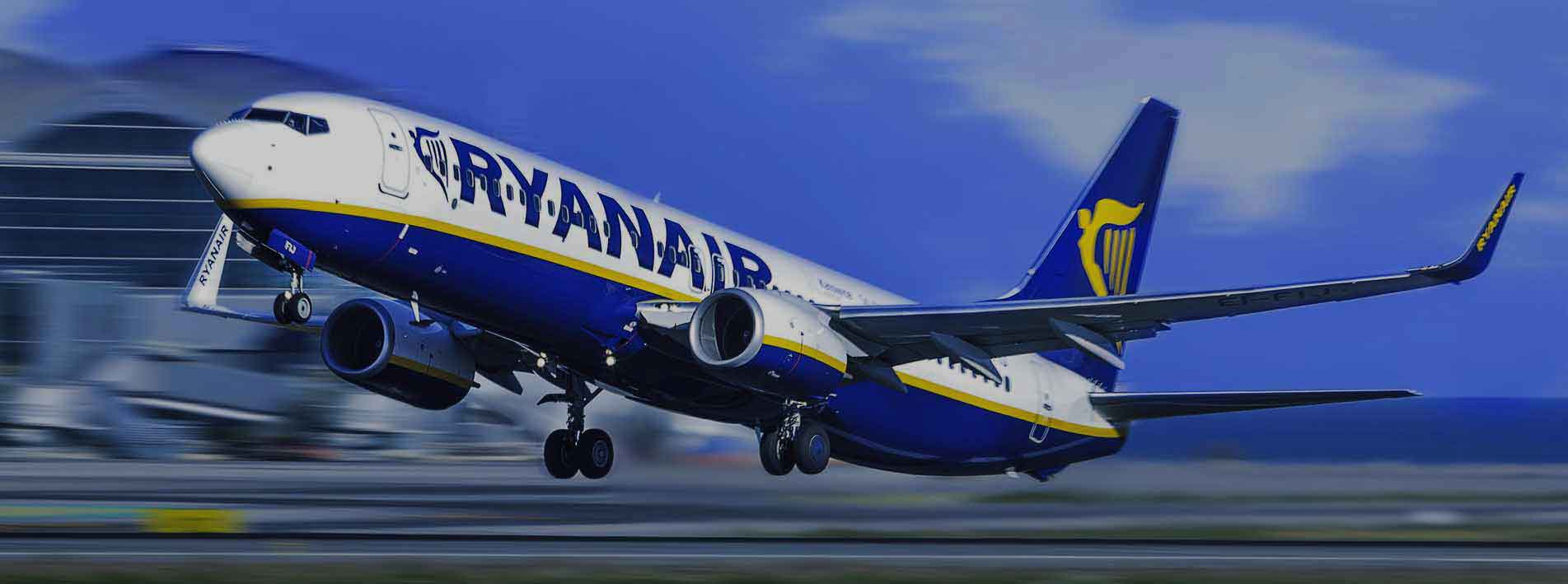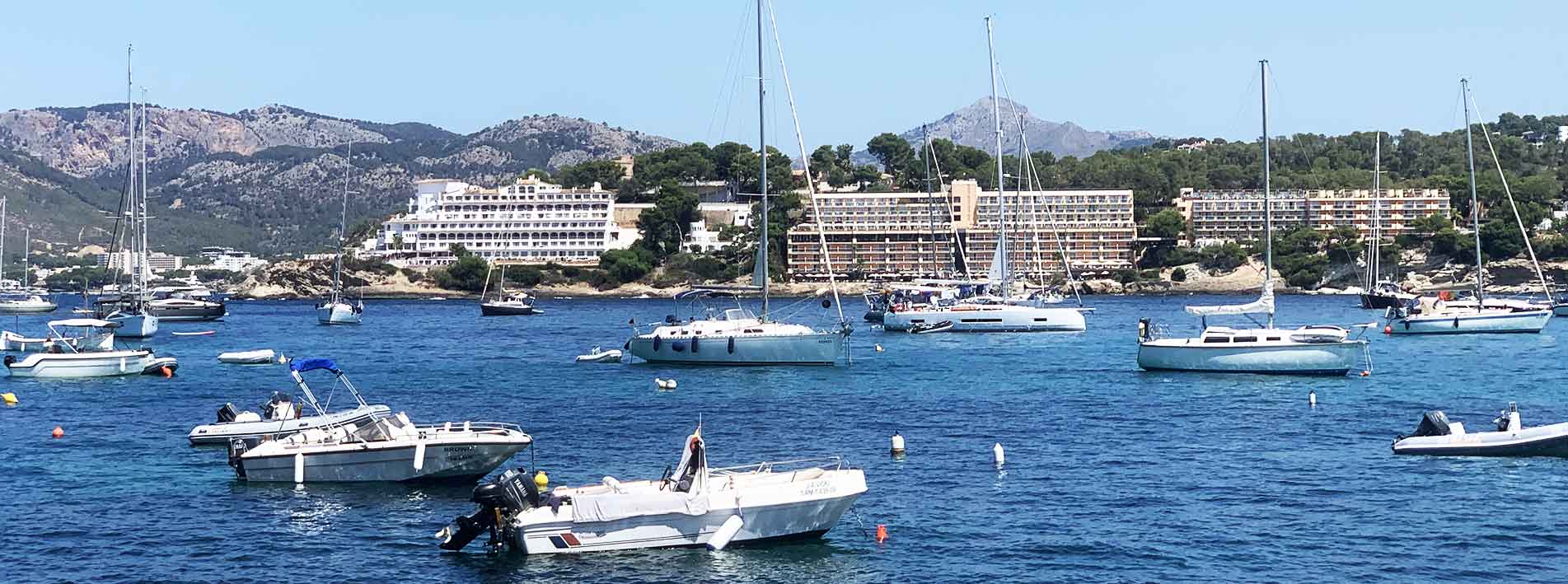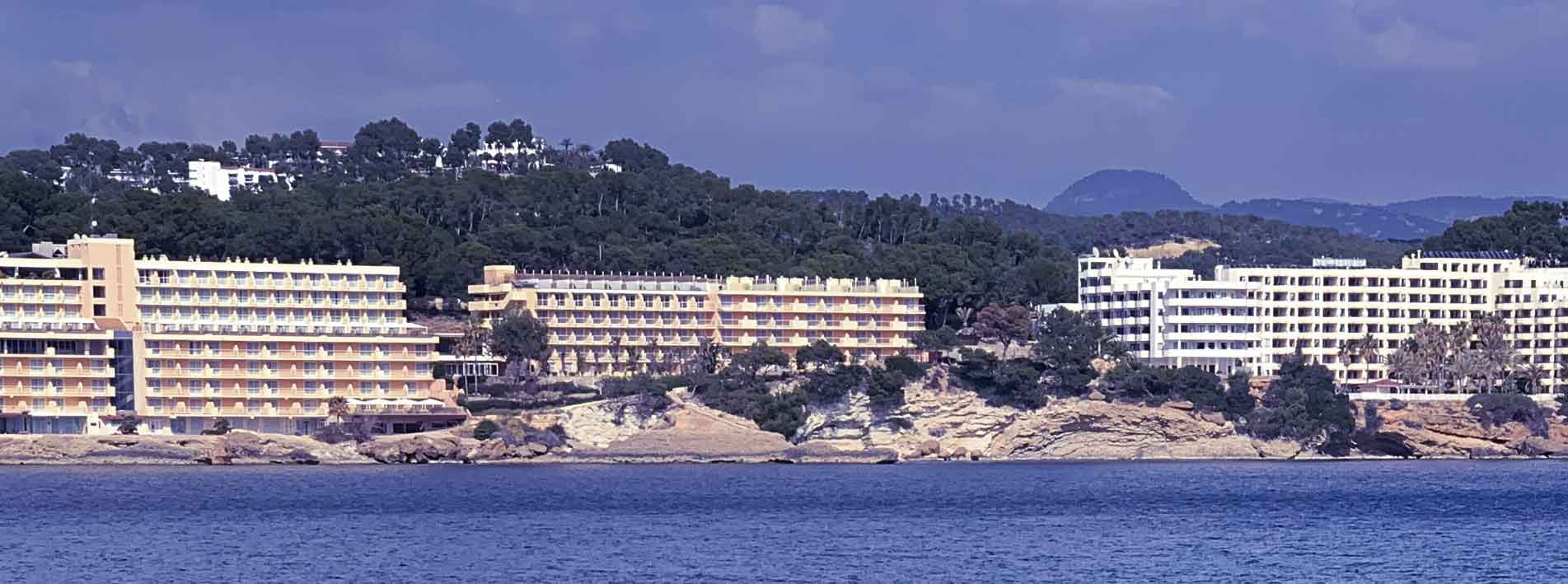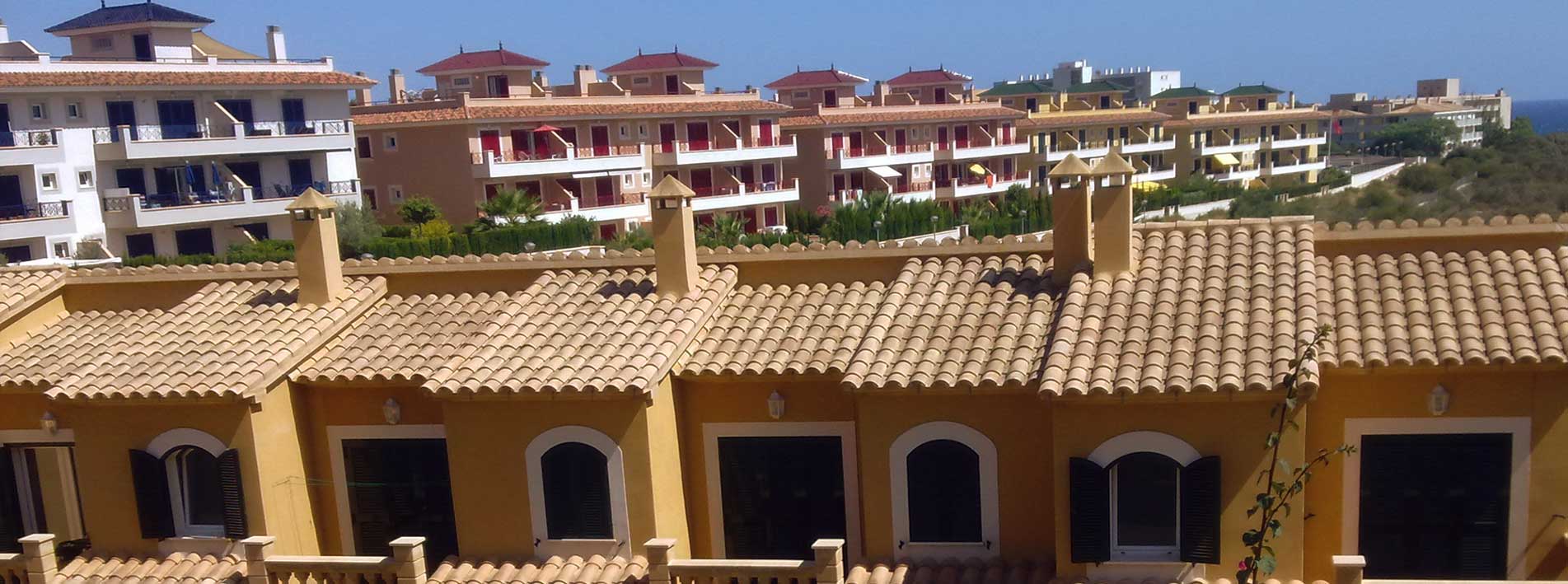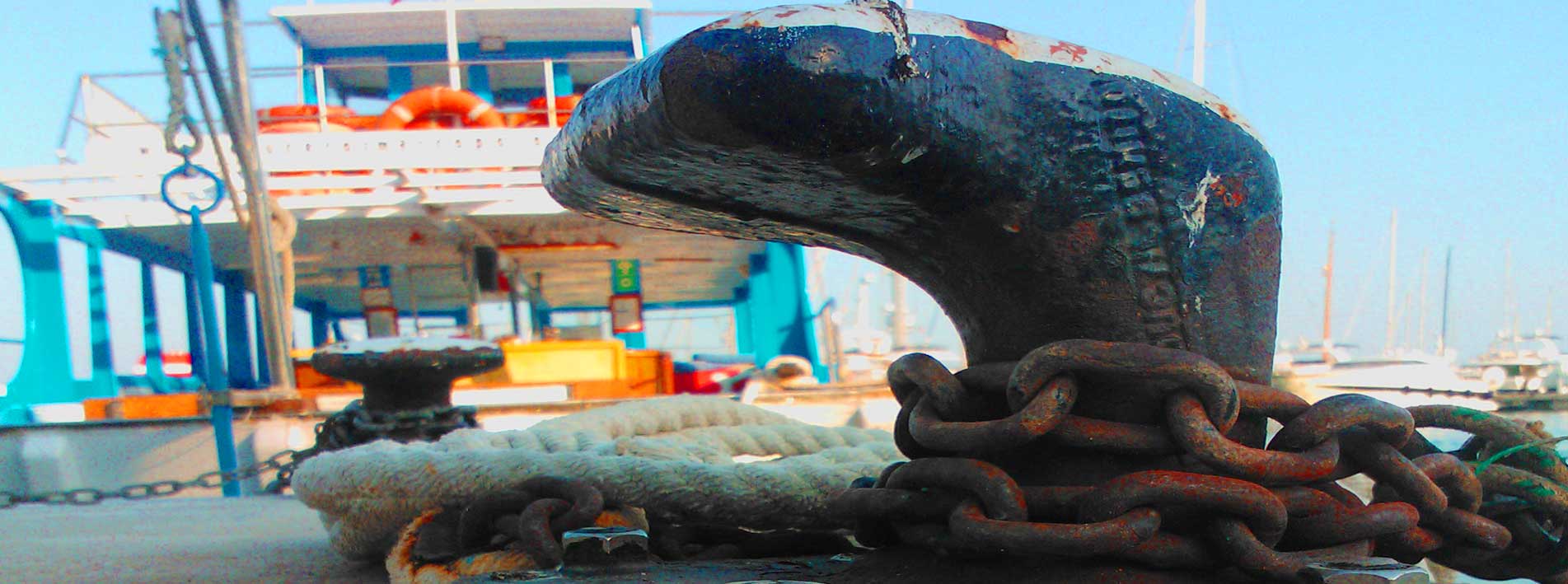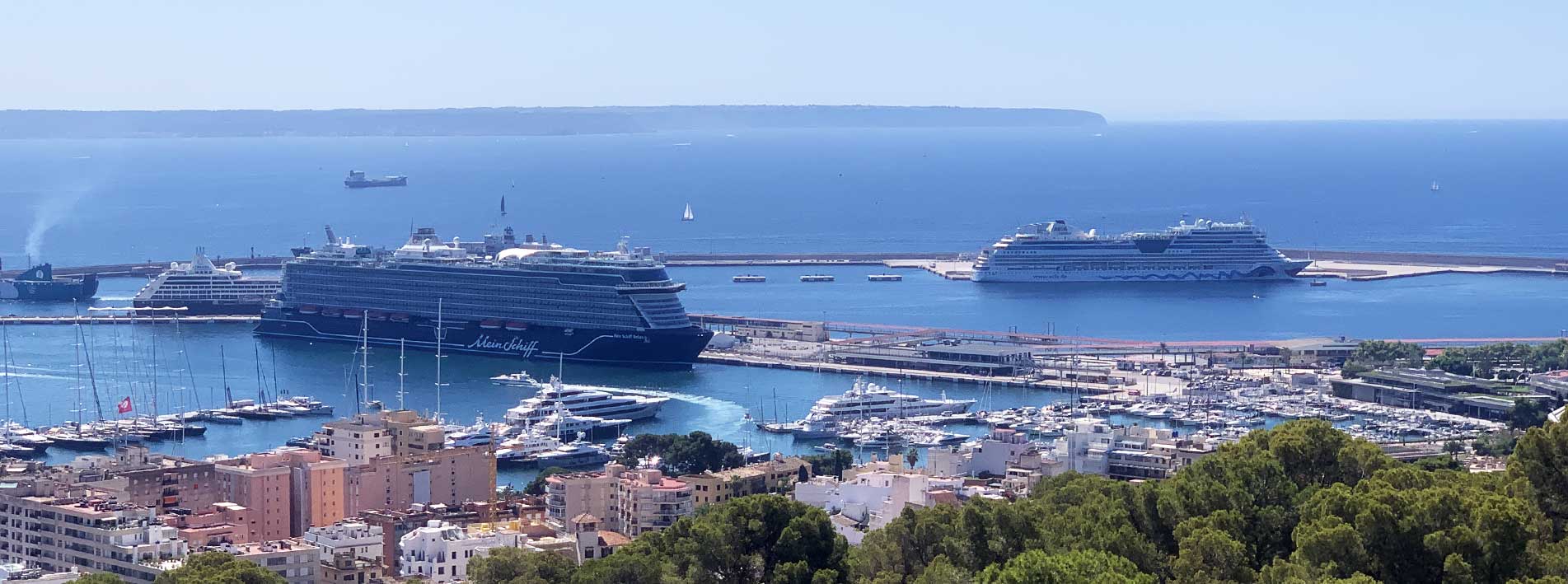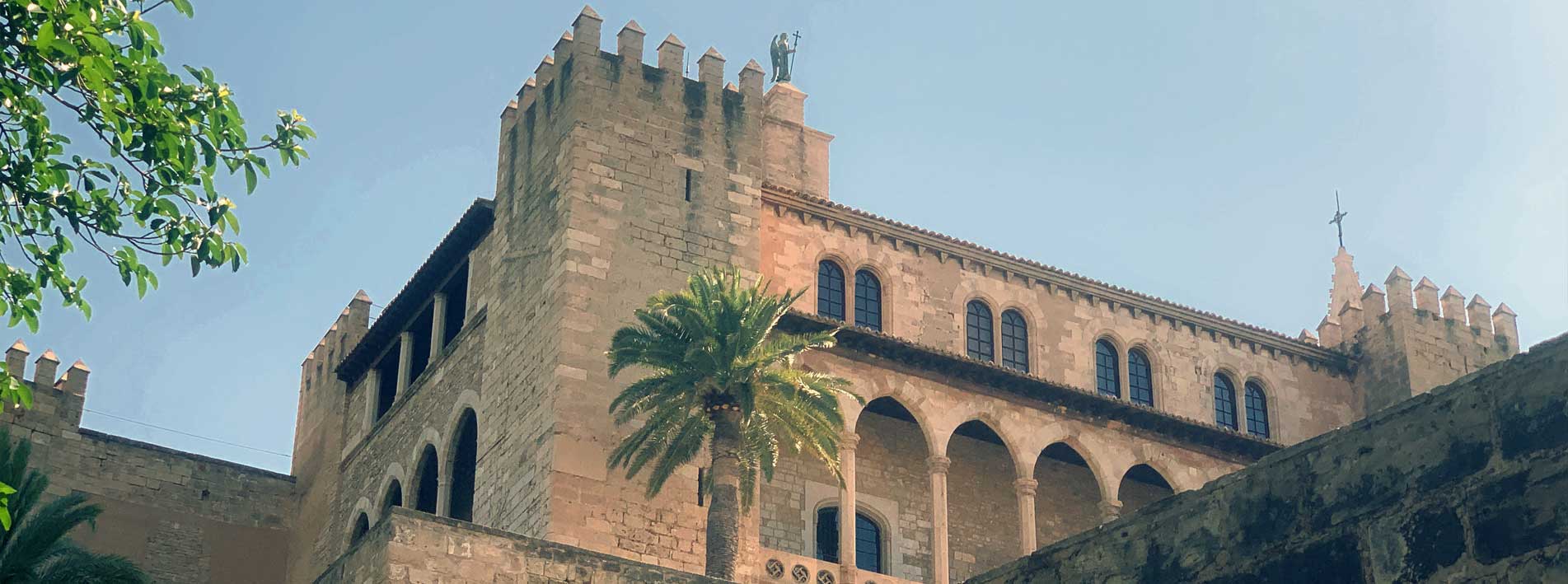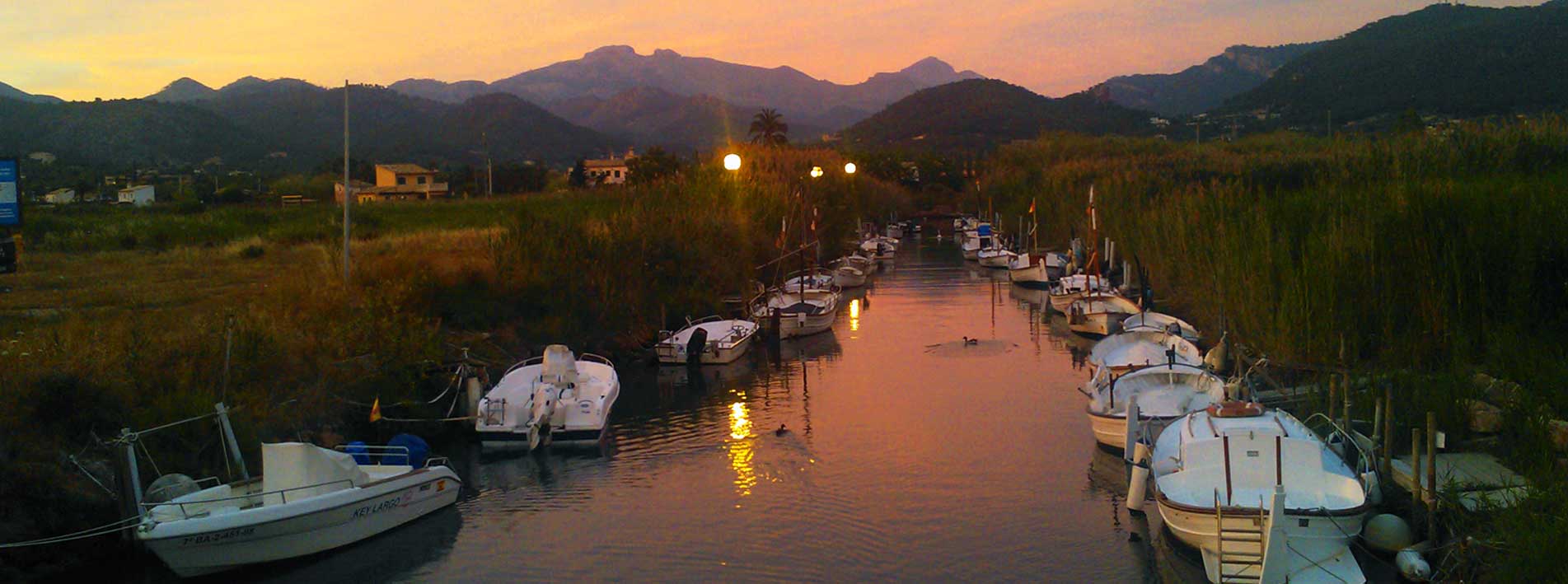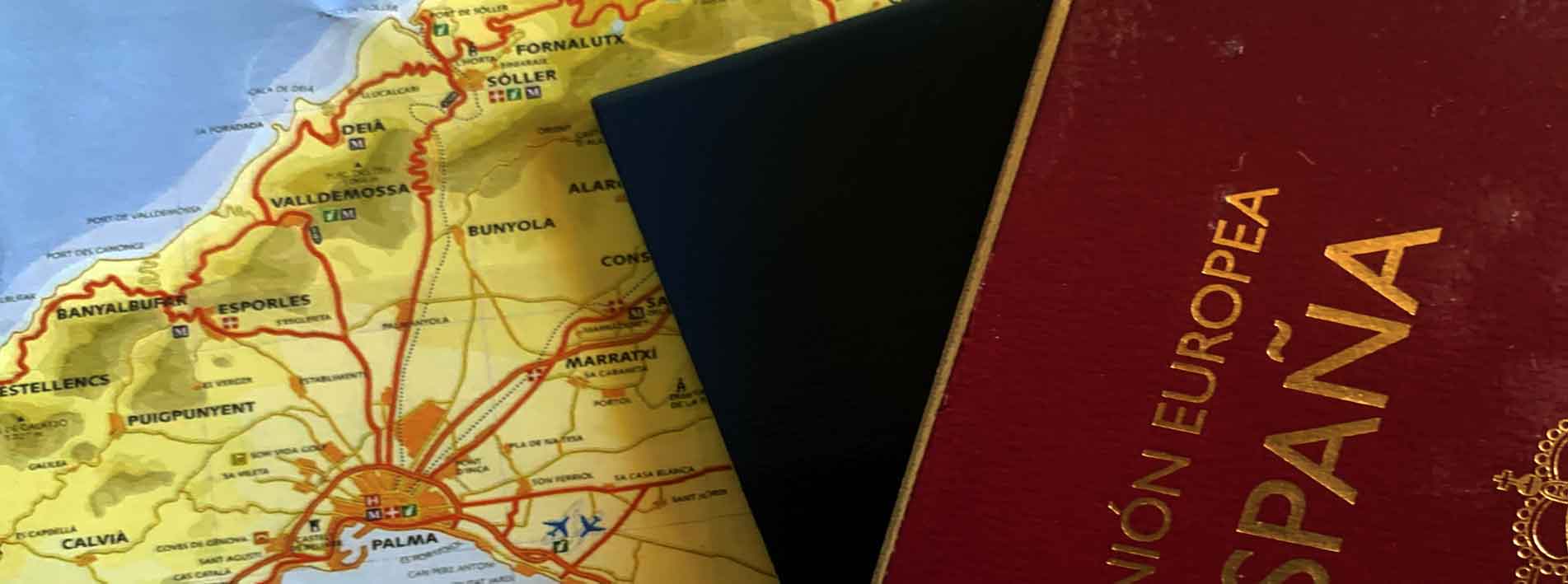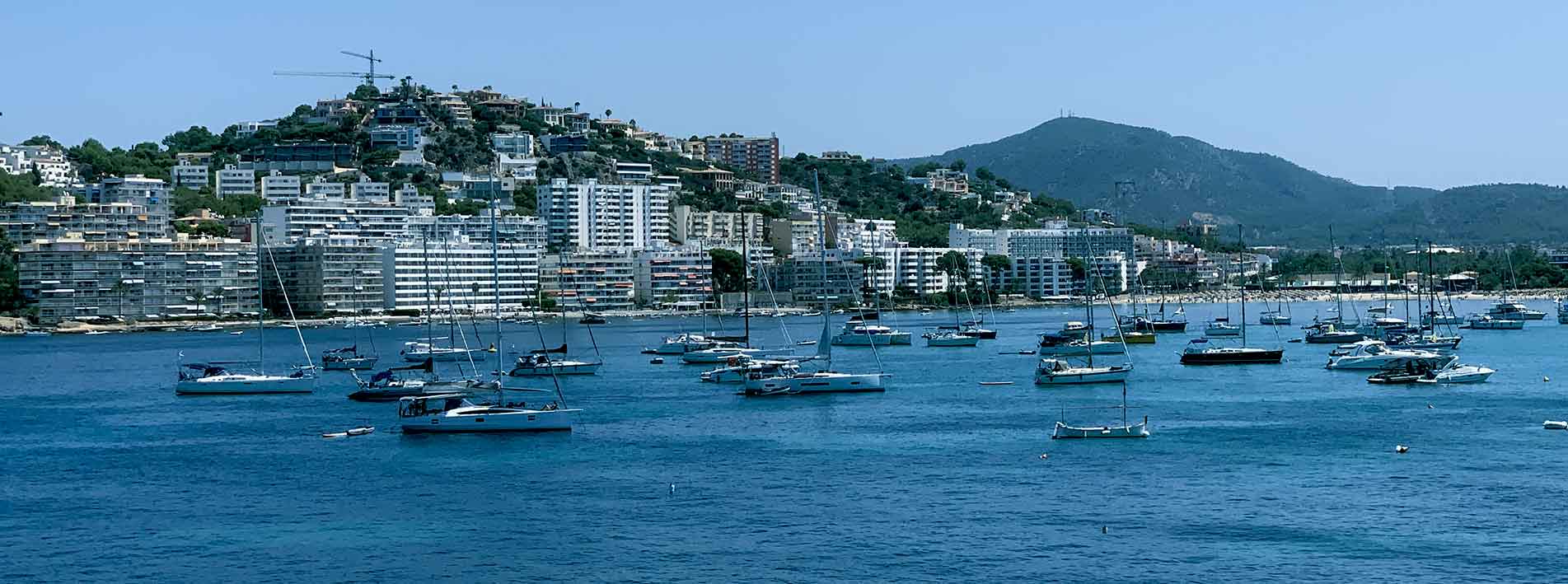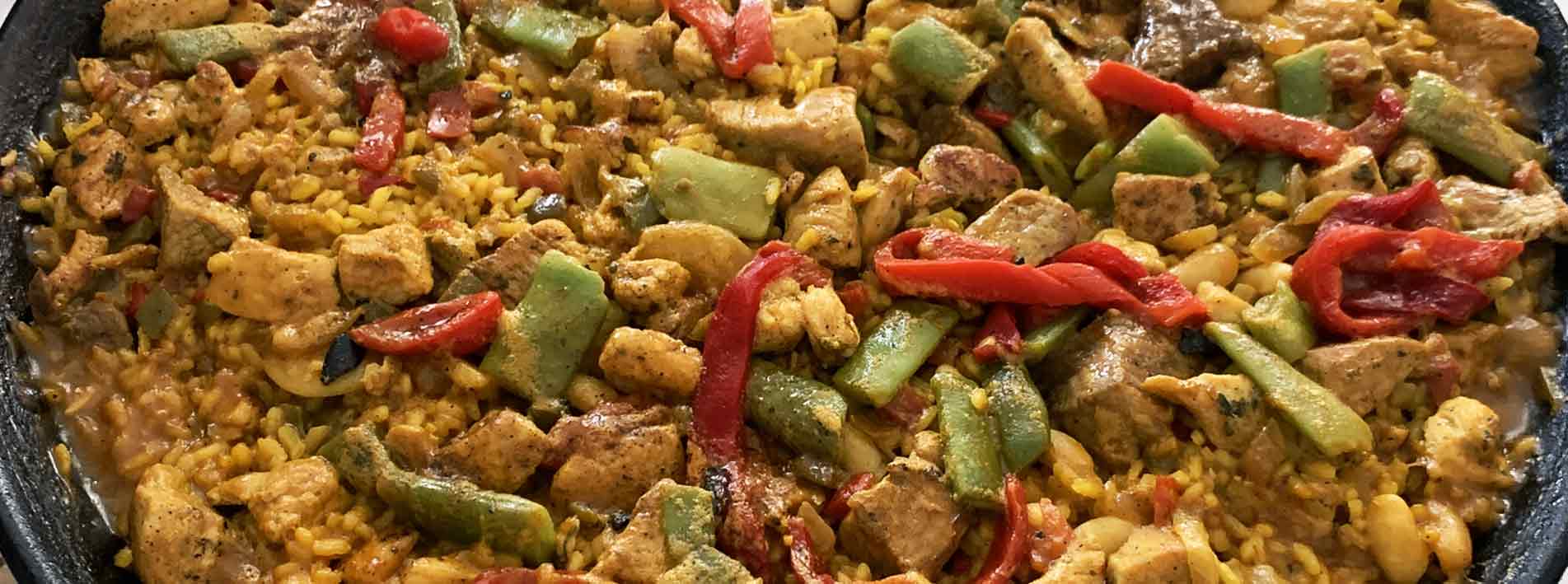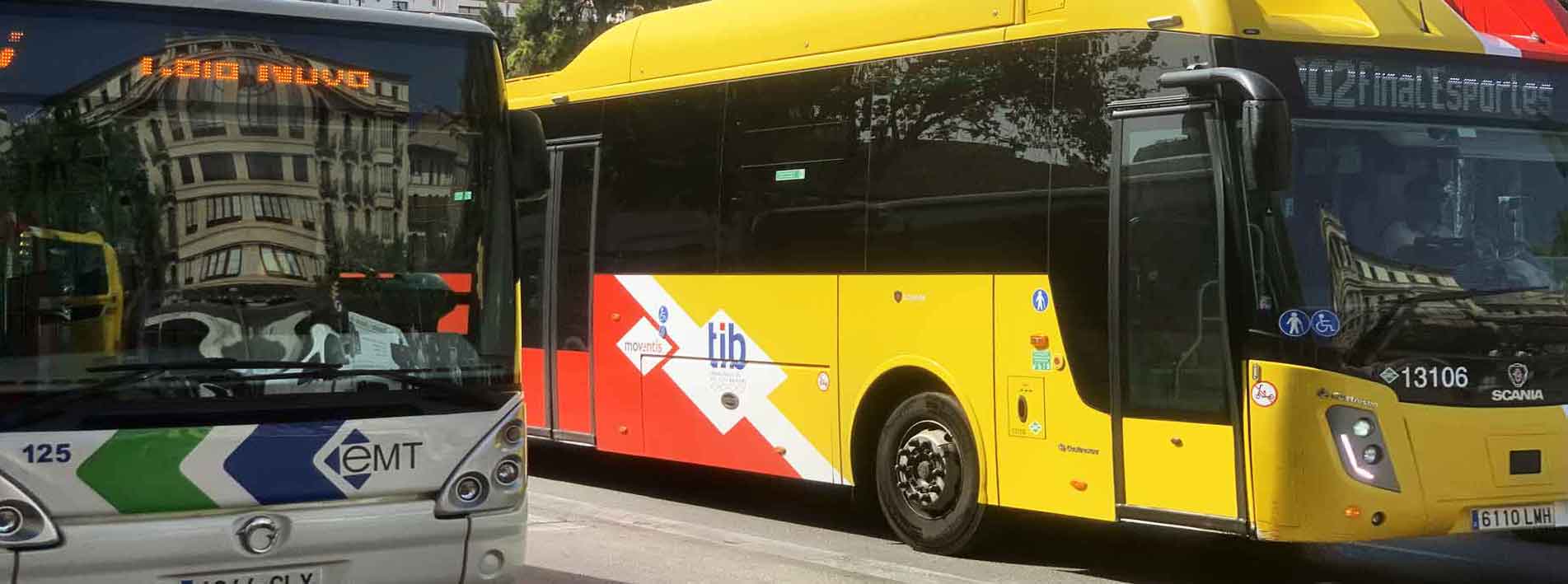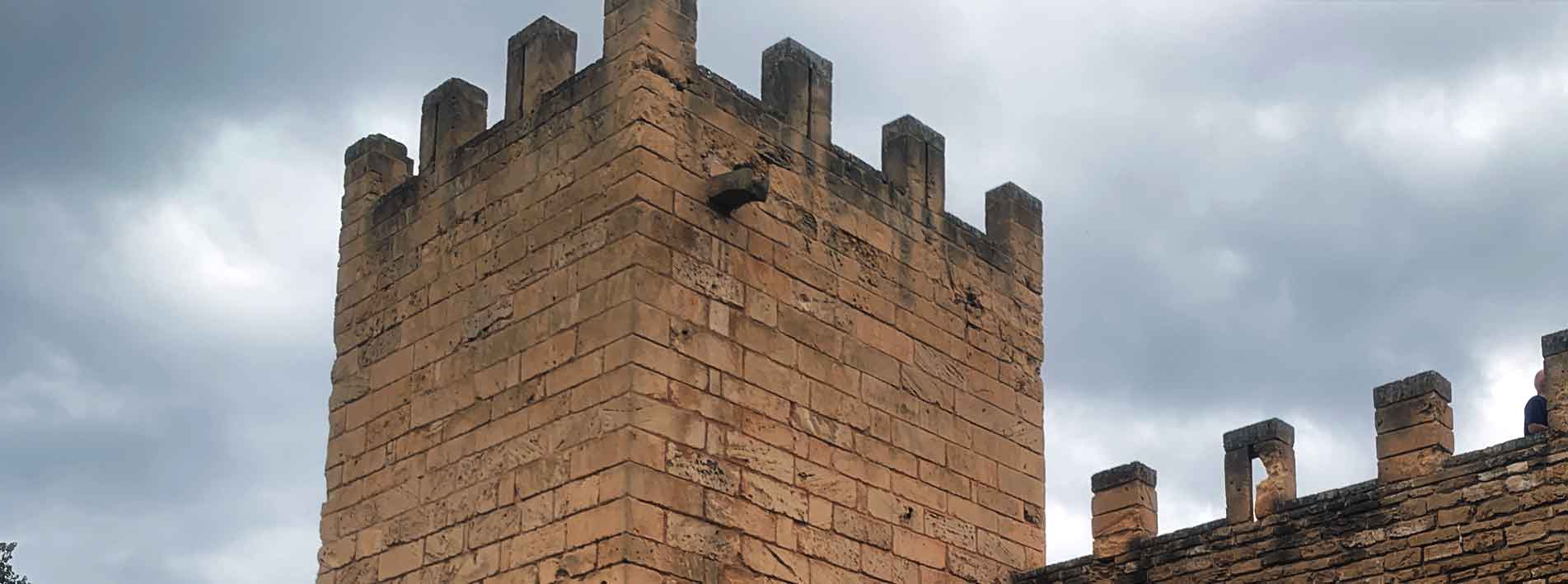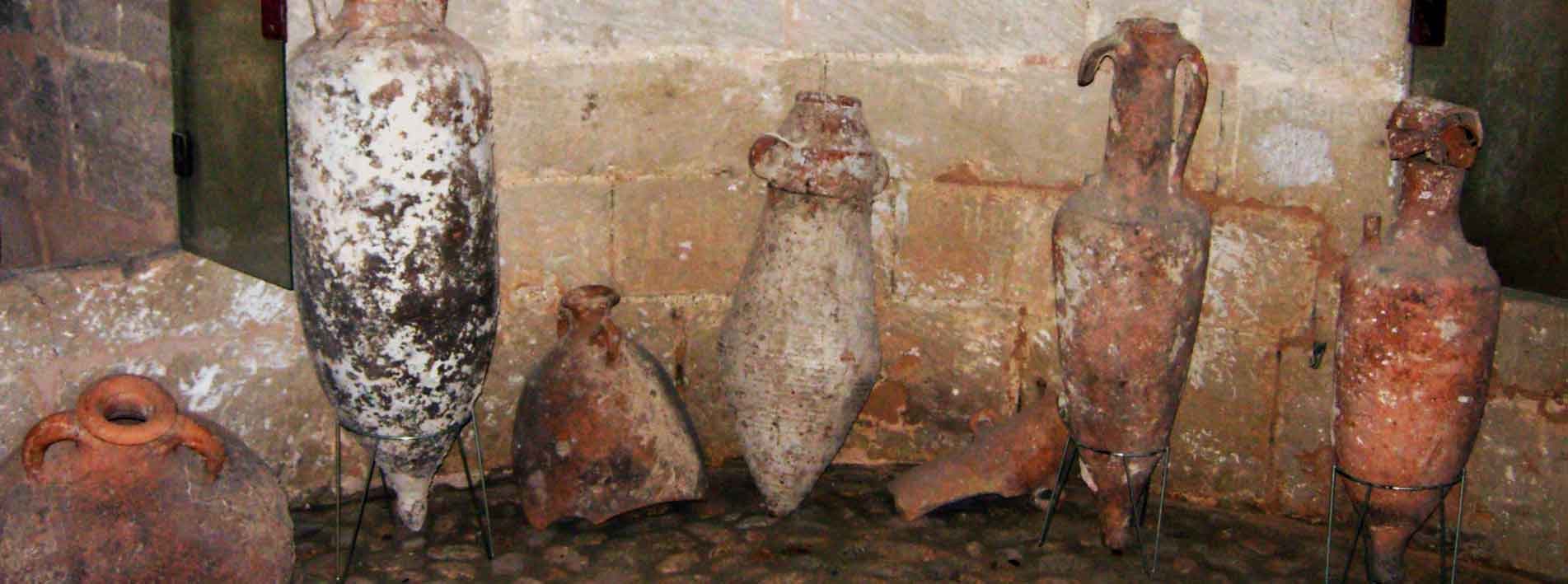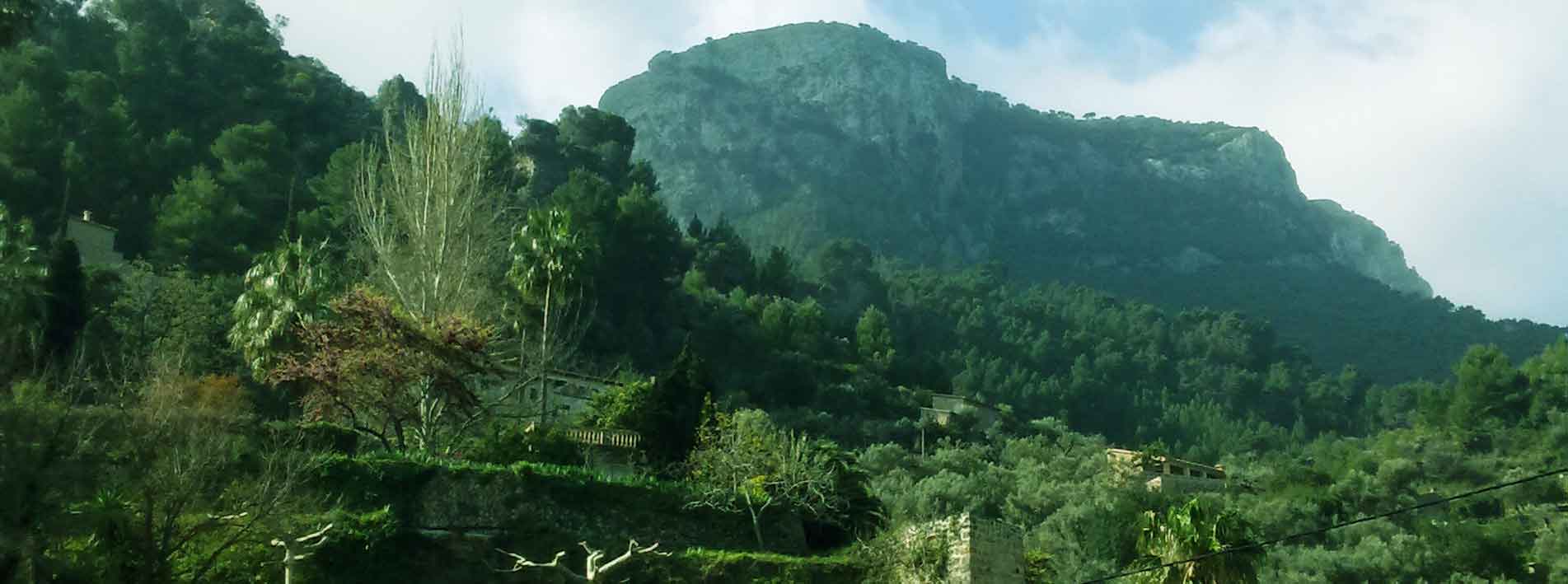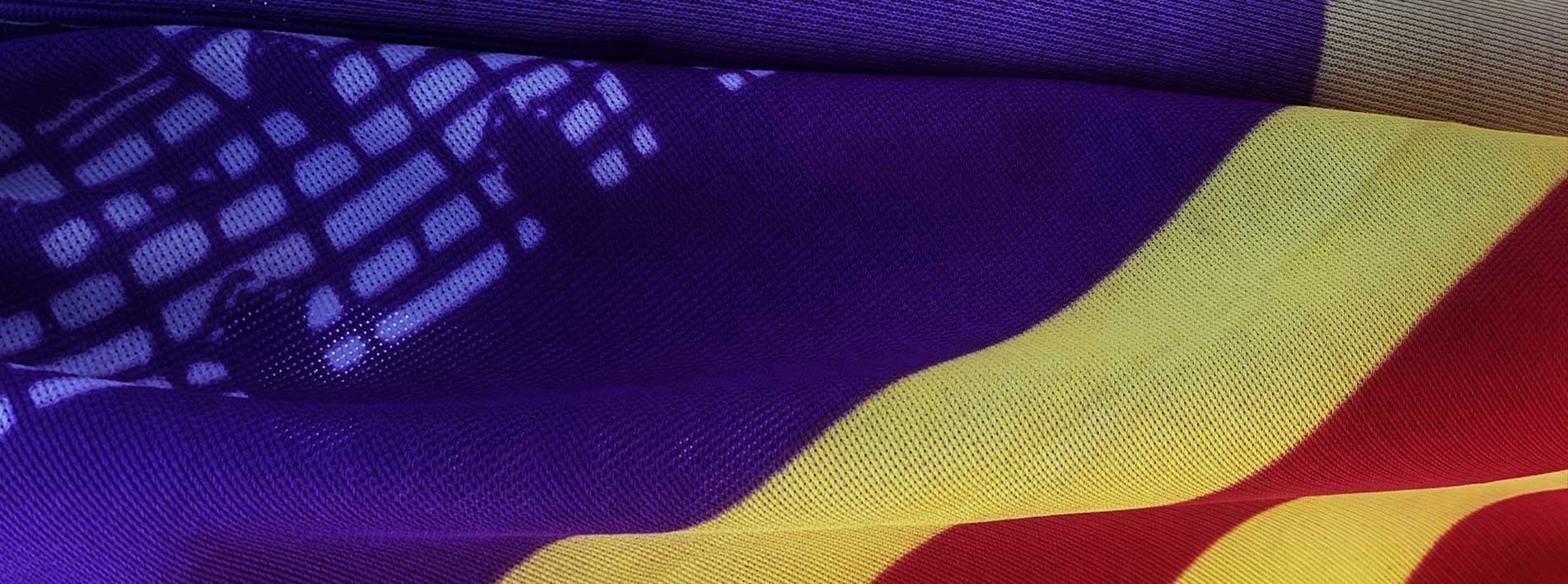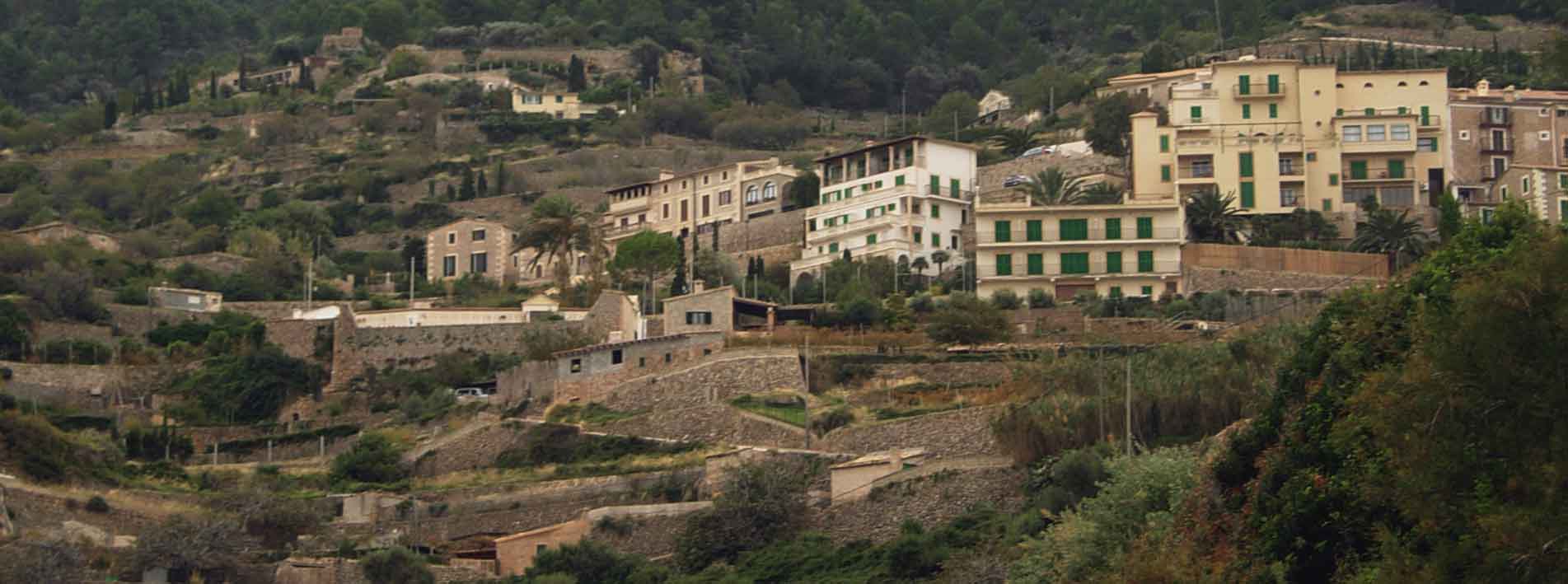Mallorcan empanadas (pasties): “panades”
The Mallorcan panades, empanadas or pasties, are a traditional dish of Balearic gastronomy, especially popular on the island of Mallorca. They are savoury pastries filled with meat, vegetables or fish, although the most typical ones are usually made with lamb or pork. Their preparation, which often involves the whole family, is a tradition that dates back to ancient times and is linked to Easter.
Originally, panades were a practical way of eating food, as they could be eaten without utensils and were easy to transport. They were also adapted to the diet during Lent, when fish panades were eaten instead of other more traditional meat-based foods.
Main characteristics of panades de Mallorca
In short, Mallorcan panades (sweet and savoury pasties typical of Mallorca) are a traditional dish that has a long history and stand as a small symbol of the local gastronomic culture. Their preparation in the family, the variety of fillings and the use of local ingredients make panades an exquisite delicacy with a deep-rooted tradition on the island.
Over the years, Mallorcan pasties have evolved, adapting to local tastes and resources and have become a versatile dish that is emblematic of Mallorca.
Main ingredients of the panades or Mallorcan pasties
Panades are made with flour dough, lard, water and fillings of meat, vegetables, fish or a combination of these. Typical ingredients from the island are used in their preparation, such as sobrassada, lard and xeixa flour, among others, which reinforces their connection with Mallorcan rural culture.
Dough
Panades are made with an unleavened dough, which can be either sweet or savoury. It is made with wheat flour (or xeixa, a low-gluten variant of local wheat), lard, water and salt.
Filling
Traditionally, meat (lamb, chicken, pork), fish (cuttlefish), vegetables (peas, spring onions) and, on some occasions, sobrassada are used as fillings. The filling may vary, but the most common are meat (mainly lamb or pork), vegetables or a combination of these ingredients.
Sobrasada
Sobrasada, a sausage made of pork, paprika and spices, is a common ingredient, especially in traditional versions of panades. It is a very common ingredient in the filling of Mallorcan pasties made in the villages or other localities of the island (especially in the Tramuntana mountain range), adding a characteristic flavour to them.
A bit of history
Mallorcan panades, pasties filled with meat, vegetables or fish, have a rich history and are deeply rooted in the island’s culture. They date back to long before the Roman domination of the Balearic archipelago. They are considered a festive dish, especially during Easter Week and are made in a traditional way, passing from generation to generation.
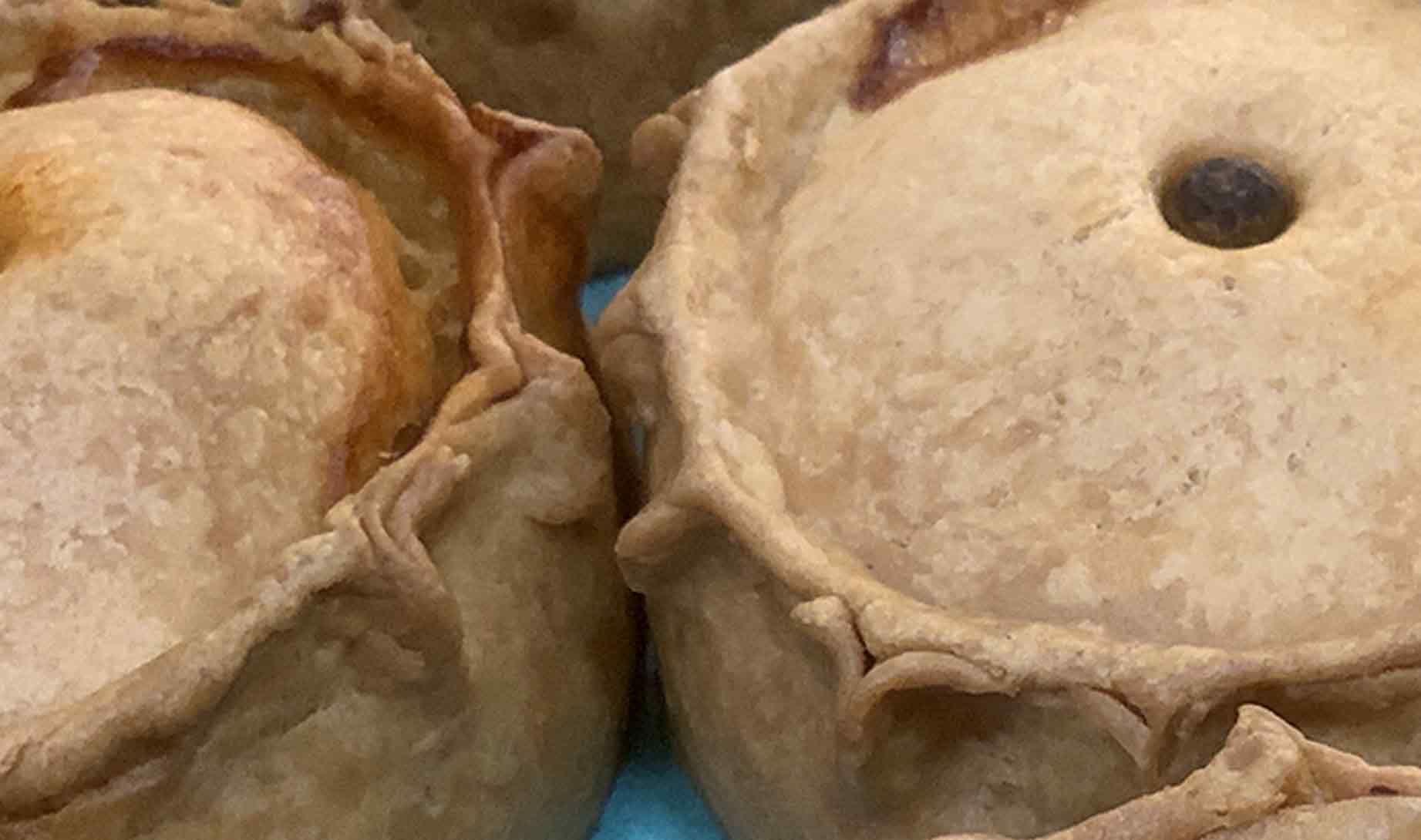 Origins and evolution of the Mallorcan pasties (panades)
Origins and evolution of the Mallorcan pasties (panades)
Antiquity
The origins or background of Mallorcan pasties and others of their style are much older than what we usually read in most local references, if we consider that the widespread practice of wrapping food in bread dough (also facilitating its transportation) was already common in cultures such as the Egyptians and Greeks.
Arab influence
The traditional Mallorcan panades or pasties have a complex origin and it is not fully attested that they have a direct Arab influence. The Arab presence in Mallorca (during the 9th to 13th centuries) left a deep imprint on the local gastronomy and culture, but the origin of panades cannot be attributed specifically to this influence… although it is believed that the Arabs popularised pies, using them to preserve food during their travels.
Roman influence
Mallorcan pasties were also influenced during Roman times, when food preservation was almost a vital obsession. So, during this period, the very essence of the panades, with its bread dough enveloping the filling, was an effective way of preserving meat, vegetables or fish for an extended period of time.
Jewish influence
It is believed that panades were also directly influenced by a Jewish pastry called “paixtida” or “paixitia” (already mentioned in the Talmud). This original pastry was characterised by its unleavened bread dough and its traditional lamb filling. Some sources believe, without concrete evidence, that panades, before the forced conversion of the Jews to Christianity, were prepared with lamb instead of pork in order to comply with Jewish dietary laws.
After the expulsion of the Jews in 1492 and the forced conversion to Christianity, some of the converted Jews and their descendants settled again in Mallorca (they were known as “chuetas”). To demonstrate their conversion, these Jews added Christian ingredients to the recipe, such as lard, to mark the difference with the Hebrew tradition and avoid stigmatisation.
Christianisation
During the Middle Ages, Mallorca was a melting pot of cultures and the typical panades reflect the indistinct Jewish, Arab and Christian influences of its historical development.
Later, with the recipe fully Christianised during the Middle Ages, pasties were incorporated into the Holy Week ritual and it was customary for the village priest to bless them during the Holy Saturday celebrations.
It is thought that their consumption is related to the custom of not eating meat during Lent. Panades thus become a special food alternative during the Easter celebrations.
Artisan production and ritual
The simple but rigorous process of making Mallorcan pasties is a completely artisan task that requires time and high-quality ingredients.
The dough is usually kneaded by hand and a basket base is formed and covered with the filling. The lid is then pinched shut and baked until golden brown.
Family ritual and tradition
In the most traditional households, the preparation of panades is a strict family ritual handed down from generation to generation. The members come together to make the panades and this not only strengthens family ties, but also deepens the sense of belonging and cultural identity.
The preparation of the Mallorcan panades is an intimate ritual that is passed down from generation to generation…
Cultural importance of the Mallorcan pasties
“Panades” are a symbol of cultural identity and of Mallorcan gastronomy, representing a dish that unites families, tells common stories and conquers palates. Mallorcan pasties are a reflection of the island’s history, culture and tradition and a key element of the local gastronomy… a symbol of identity for Mallorcans. Panades, or Mallorcan pasties, are an important part of the island’s culinary tradition.
Their popularity and social relevance make them a tourist attraction for visitors to the island. In short, Mallorcan pasties are much more than a dish, they are a symbol of identity and tradition which, like the very essence of the island, has remained untouched and at the same time open to the new needs of each generation throughout its history.
By the way, are you coming to Mallorca on a holiday trip? If you find it helpful, you can also consult our travel guide to Mallorca and more tourist information about the island.

